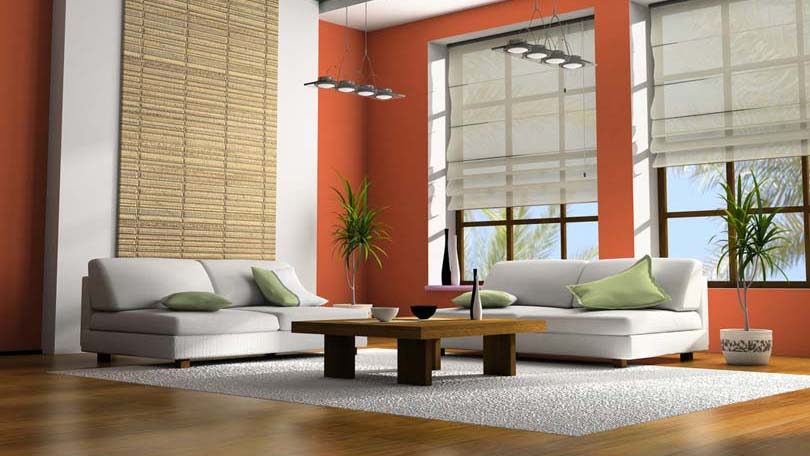
It is pretty likely that you have heard about the use of an open house to sell a home. The concept is fairly straightforward; a seller will decided to make his or her house available for public viewings on certain days in order to generate interest in the home. The hope is that enough buyers will come through that one or two will be interested in the house and will make offers for the purchase. While open houses have been around for a long time, there is a lot of doubt among professionals as to their effectiveness.
Who does an open house benefit?
In many cases, people walking through an open house will not only be interested in the house itself, but also in the agent who is selling the house. They will want to know what other listings the agent has on the market, and may even be looking to find an agent for the sale of their own property. Many agents will tell you that open houses actually translate into very few actual sales, percentage wise. Instead, potential buyers are more likely to make an offer after one-on-one showings.
If you are trying to sell your home on your own, however, you may be able to benefit from an open house. You probably lack some of the tools and resources an agent would have at her disposal, and holding an open house can create some volume and word of mouth. If you are considering the idea, make sure your house meets some basic conditions.
It should be in a high traffic area. There is no point in holding an open house in an out-of-the-way property. Most people who go to open houses are drawn on the spur of the moment, through good signage, not by extensive advertising.
It needs to be clean and up to date. Open houses are easy to plan around, since you set the date. Any renovations should be completed by the time of the open house, and your house and property should scream easy upkeep. Even a little amount of clutter could turn off potential buyers.
All closets should be cleaned out. If you do not have any storage units available, at least reduce the contents of your closets by half to give the impression of ample room.
If you can, park your vehicles somewhere else. You want visitors to see that there is plenty of parking both for themselves and for any guests, if they happen to be the hosting type.
Get rid of any pets or kids for the day! A noisy room or a distracted host can mean the difference between a deal and a walk-out. You want the day to be as free from distractions as possible.
Lawns should be mowed, and entrance ways swept.
Make sure that any smells or sounds are taken care of before the open house takes place. A rattle in the furnace or a waft of compost through an open window might be the kiss of death!
Protect yourself
One major disadvantage of the open house is that it can make a homeowner vulnerable to the unscrupulous. An open invitation will mean all sorts of people, and not all of the m will be interested in buying the house. Some will be interested in the contents.
Make sure that any easily pocketed valuables (including silverware!) are put away in a secure location.
Any paperwork should have been taken care of in the clean up, but you will need to make sure that it is put in a place where people cannot easily see it. Identity theft is on the rise, and papers left strewn about in an open house are easy pickings!
Keep an eye out for anyone who appears more interested in your belongings than in the house. You might be getting the once over for a break-in!
Finally, keep in mind that actual open houses are being quickly replaced by virtual tours. These tours allow potential buyers to view your house online via recorded video. One shoot takes care of it all; no need to worry about using up a Saturday or constant cleaning! You should probably consider this easier option before holding an open house that is time consuming and unlikely to result in a sale.





